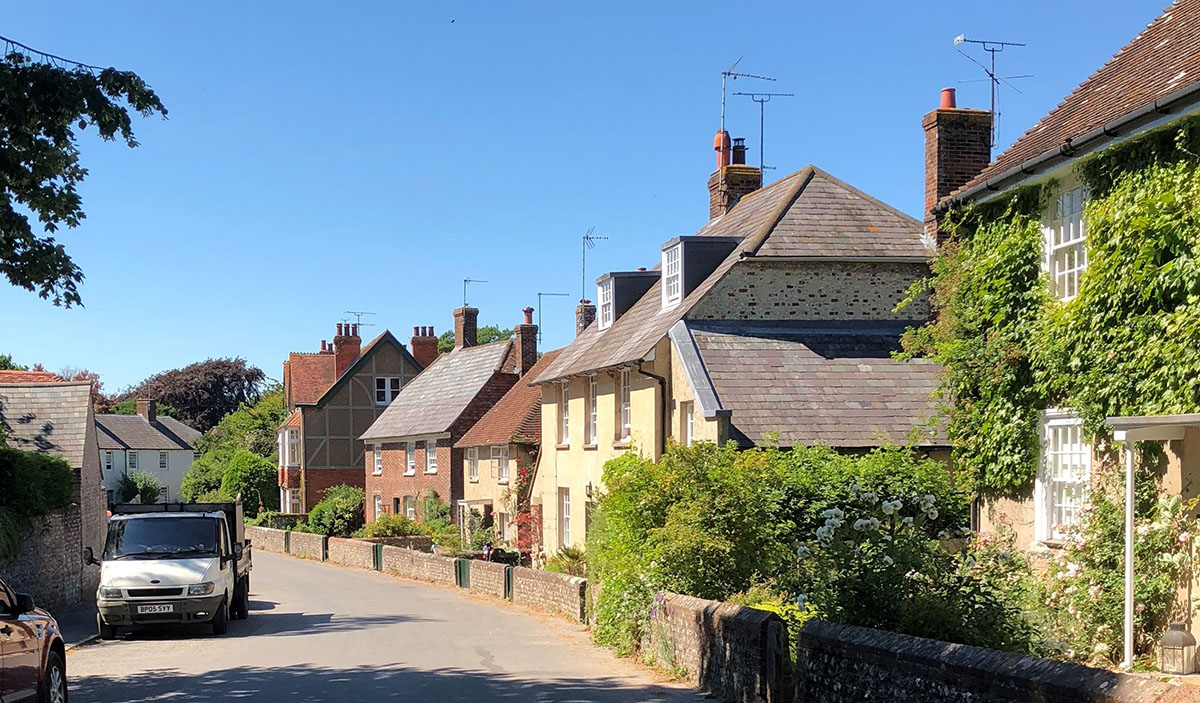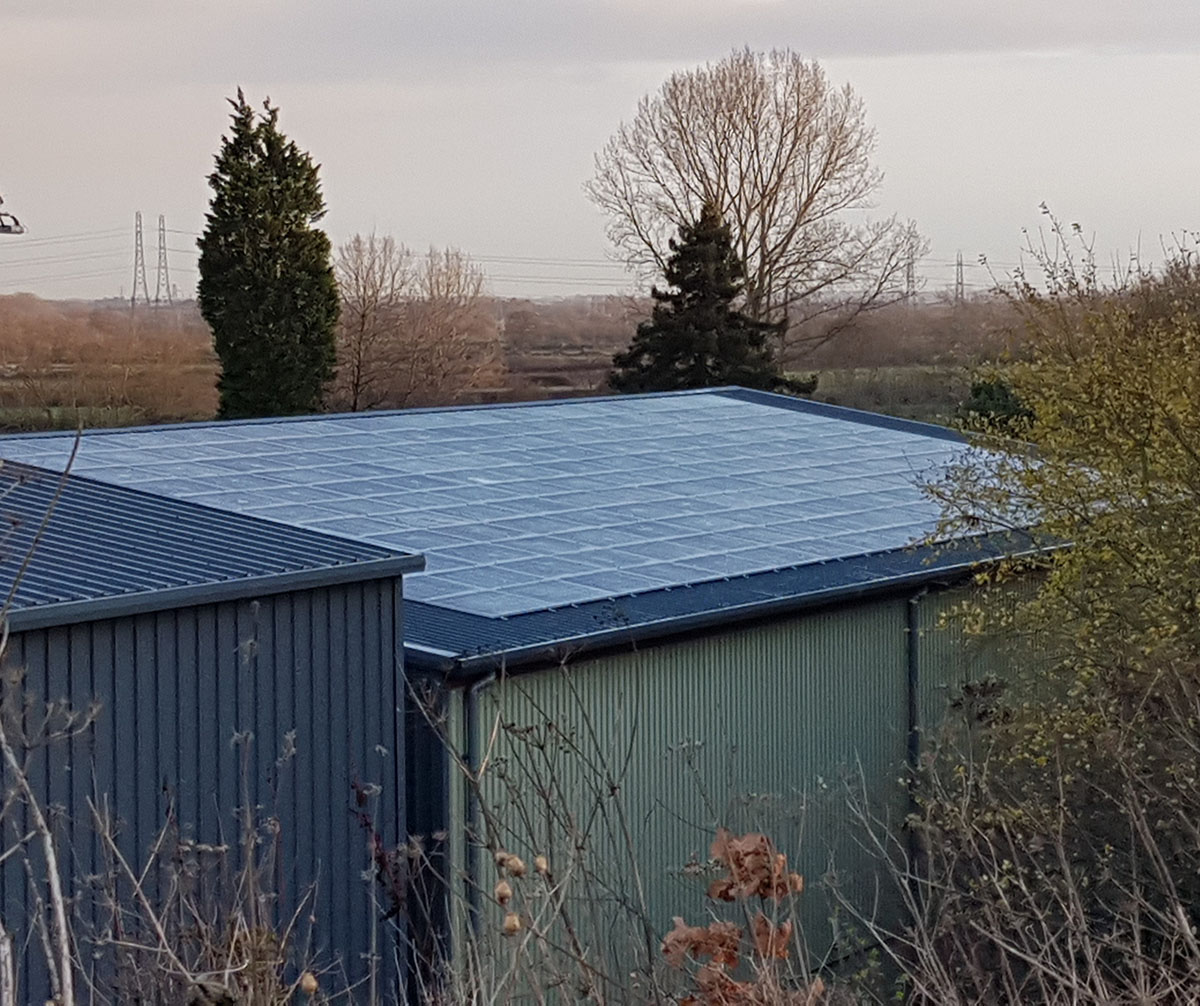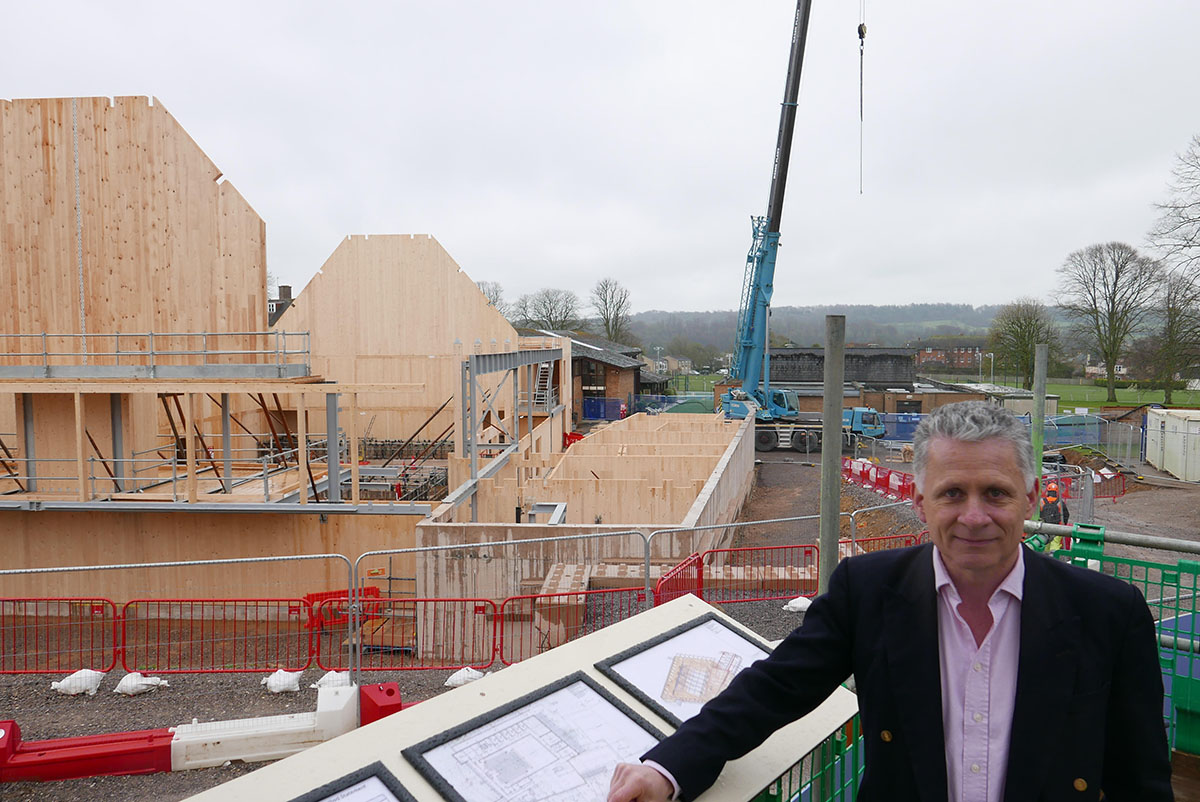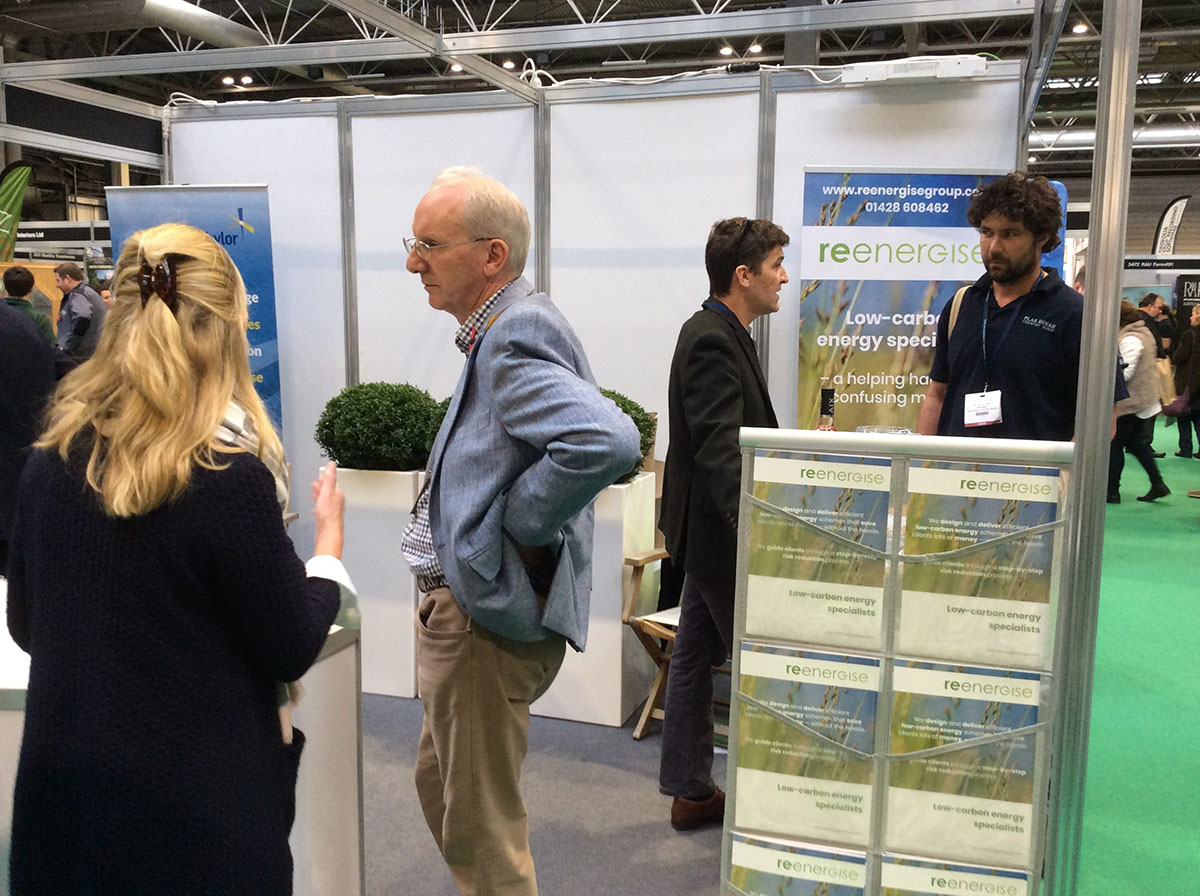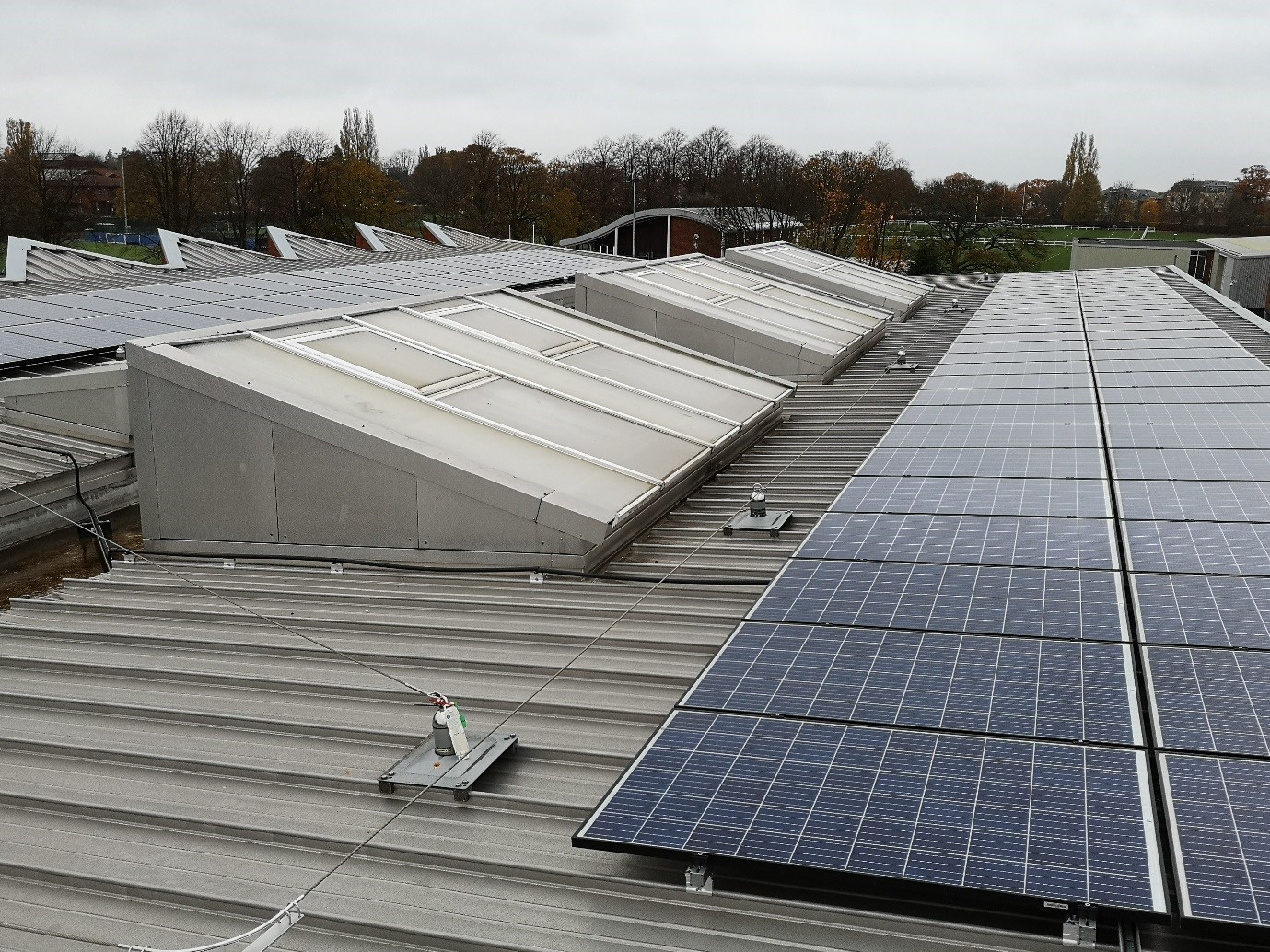ReEnergise sponsored a CLA Breakfast Seminar to talk to CLA members about Community Energy – how it works with a low-carbon technology district heating system, and how to finance it. It was great to see so many landowners at the seminar and the genuine interest in district heating systems. Thanks go to Robin Edwards, Director CLA South East for hosting the event and introducing ReEnergise.
We were fortunate to have Alastair Deighton, Estate Manager, Firle Estate to open the seminar and discuss Firle Estate’s experience with the biomass boiler they installed a couple of years ago to heat Firle Place, as well as the plans to install a community district heating system for the village. Alastair enthused about how successful the biomass has been, and how exciting the Community Energy project will be. Alastair explained that low-carbon technology should become the ‘norm’ for heating rather than being thought of as an ‘exotic’ new technology which is difficult to understand.
This was followed by Bean Beanland, ReEnergise low-carbon specialist who ran through the use of Heat Pumps and Biomass in a district heating system, and the conditions needed for each to work efficiently. Bean covered Government Policy on renewables in general, as well as providing up-to-date information on the subsidy regime, including the point that the RHI (Renewable Heat Incentive) is being closed for new applications on 31st March 2021. For the Firle Village Community Energy system, Bean explained that the village will be split into 3 districts, with the first district being heated by a biomass boiler, and the other two using a shared ground loop heat pump system: the latter an approach being firmly encouraged by the Government.
Finally, Kayla Ente, Founder of BHESCo (Brighton and Hove Energy Services Cooperative) explained the mechanics of how Community Energy works – including the financing and servicing of the district heating system. Kayla demonstrated her commitment to helping villages reduce their reliance on fossil fuels and the importance of getting the community involved so that residents can take control of their heating, both in terms of efficiency and cost.
There was a very informative question and answer session at the end of the seminar. If you would like to see the full presentations from the seminar, please contact Belinda Lyster-Binns on [email protected].


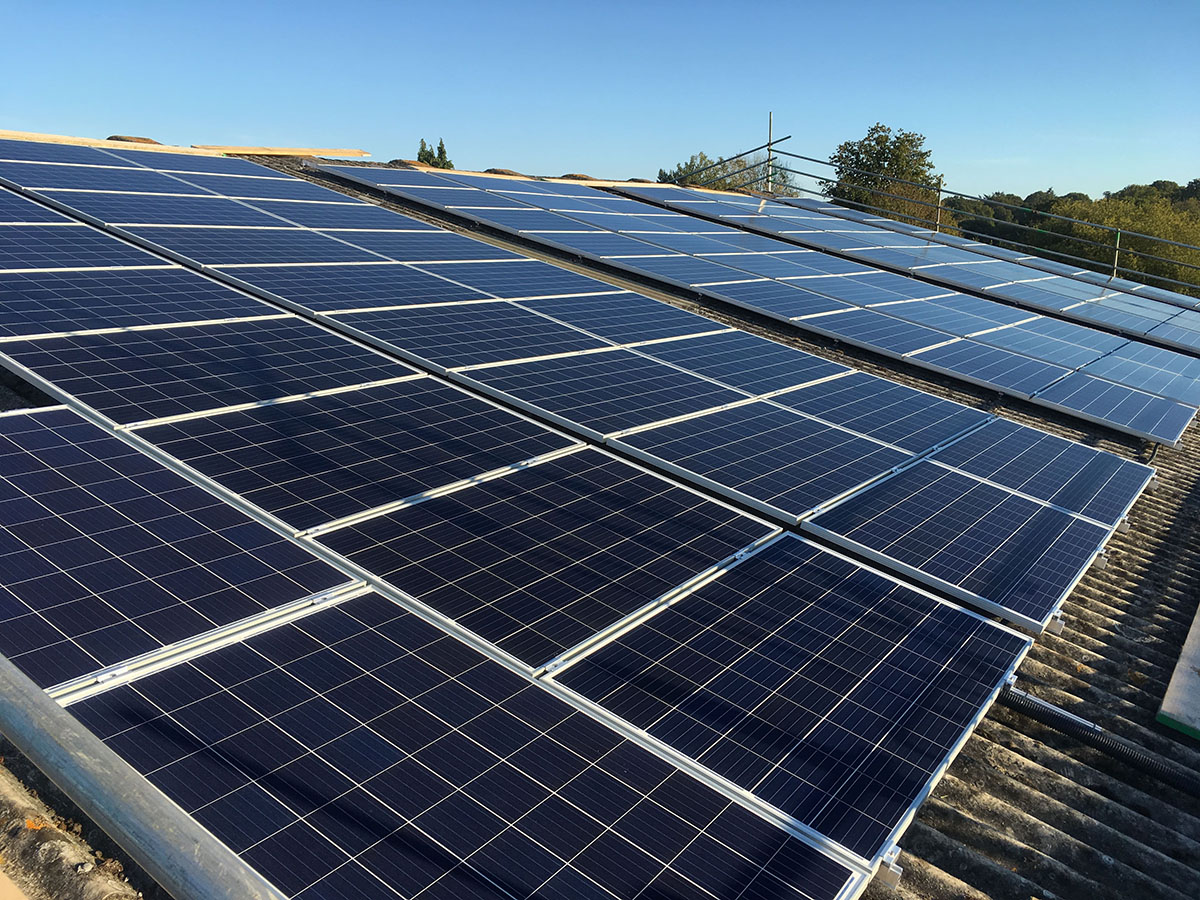



 ‘Well global scientific opinion seems pretty unanimous about it now,’ said Mr Wilkins the plumber. He always kept himself to himself, so it was a surprise to hear him pipe up now.
‘Well global scientific opinion seems pretty unanimous about it now,’ said Mr Wilkins the plumber. He always kept himself to himself, so it was a surprise to hear him pipe up now.
